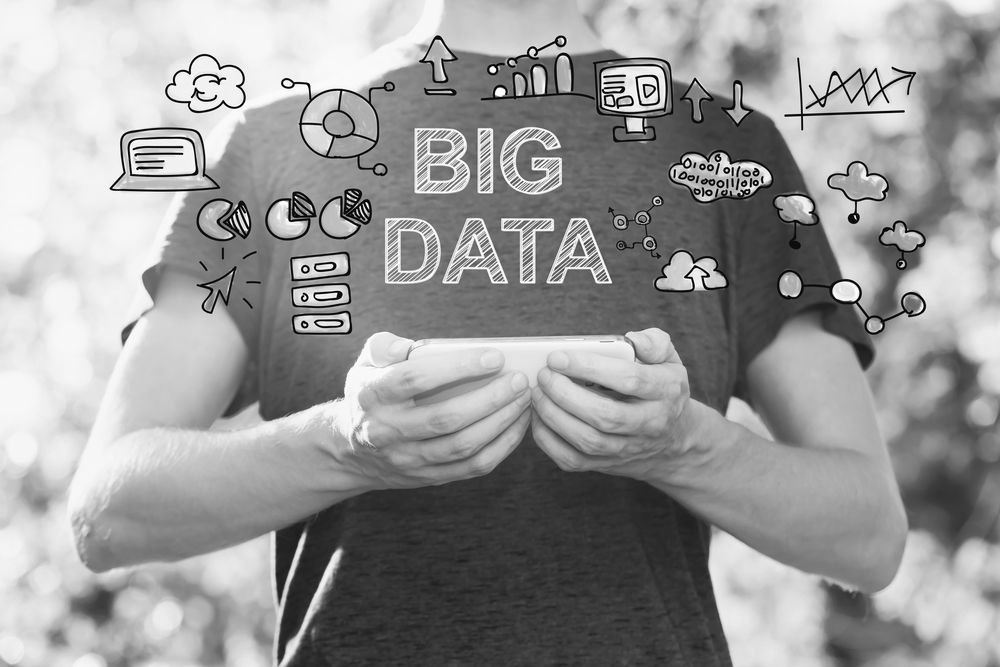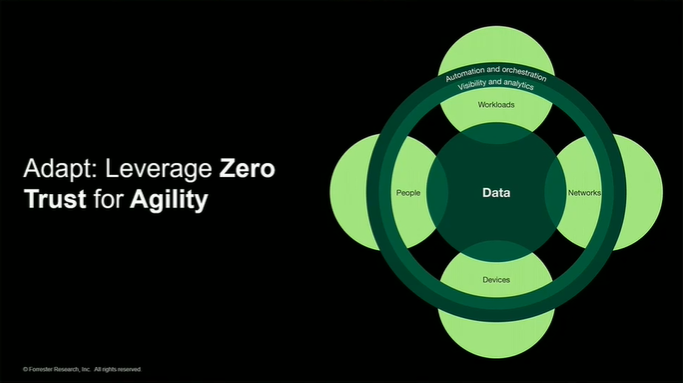When you think about big data, you might find that marketing is one of the first uses that comes to mind. Rightly so – it’s an incredibly powerful tool for marketing companies seeking to analyze large-scale trends and target their customers accordingly. However, there’s an often overlooked facet of big data: that it can be used to forge stronger, more personal relationships with customers and, in doing so, better address their needs.
The use of big data to build more personal relationships might initially seem counter-intuitive. Indeed, amassing digital customer information through any channel we can get our hands on is a far cry from the genuine customer connections we imagine at the idyllic corner store. Yet despite this, a new field of big data marketing has emerged – big data customer relationship management – and it uses big data integration to inform a company’s CRM strategies and tactics.

Relationship marketing through big data CRM involves the combination of internal CRM data with external customer sentiment data, often obtained from social media networks and similar sources. Trends and patterns uncovered by this data provide opportunities for increasing sales and product and service offering adjustments that are more in line with customer needs.
Branching beyond the goal of targeting customers more efficiently does require some repositioning. In particular, a tonal shift in how big data is used must occur. Rather than using it as a tool aimed to primarily benefit marketers, big data CRM and relationship marketing must be viewed as a method for providing higher levels of value to a customer directly.
Companies can do this, of course, by presenting information that adapts to customer preferences. Search and evaluation services driven by big data, such as the ability for Netflix to recommend which show you might like to binge on next, is an excellent example of a customer-based approach to the use of big data.
There are several strategies companies can use to reinforce customer relationships and ultimately create the same kind of big data-generated value that customers experience through their Netflix accounts. Several existing companies accomplish this already, either directly through in-house CRM departments or by outsourcing to larger specialists. The latter is, of course, quite common, considering that the highly specialized nature of big data analysis is even more focused when it comes to relationship marketing.
Helping customers reduce their costs or risks is one way to build customer relationships. Any business that provides customer feedback on products and services leverages this, whether it’s Amazon feedback on a product or a Yelp review on a restaurant. Aggregation of otherwise available data into a more easily digestible format is also a way to build and maintain customer relationships, as evidenced by mobile apps. GasBuddy, for example, provides data on local service stations accompanied by their gas prices. Even brick-and-mortar establishments are using mobile apps to build a human-to-human connection with their customers–giving testament to the fact that big data is even surpassing the corner store in its capacity to build strong customer relationships. The drink app Hooch uses the data of its subscribers to identify cocktail trends for local bars while suggesting drinks to customers based on their past preferences–a strategy which arguably feels just as personal as getting recommendations from your bartender down the street. While it would be naive to assume such strategies were purely altruistic, it’s a win-win if they help businesses while providing genuine benefit for customers.
CRM data combined with big data offers opportunities to improve customer data analysis and yield better predictive modeling results. In order to combine CRM with big data systems, companies should be able to process data in real-time in order to keep up with ever-changing customer preferences and make better, faster customer connections.
The challenges faced by businesses who want to transition to big data CRM often lead to partnering with big data specialists. While the idea of using big data for relationship marketing is still relatively nascent, big data marketing companies are emerging to specifically address this need. Optimove, for example, provides a hub for customer retention automation, conversion optimization, and predictive analytics, all with a focus on micro-segmenting customers and building more human customer connections as a result. By using a data management platform that adjusts real-time to the preferences of specific customer types, companies can better connect with customers by providing them only with content most relevant to their needs.
Relationship marketing isn’t just useful for companies; it’s also beneficial, and increasingly necessary, for customers. At a time when customers all too often feel as if companies are turning them into mere data points, it’s especially important that we use advanced technologies to show consumers that strong business-customer relationships, even if not conducted the old-fashioned way, are still very much possible.
By Shachar Shamir





